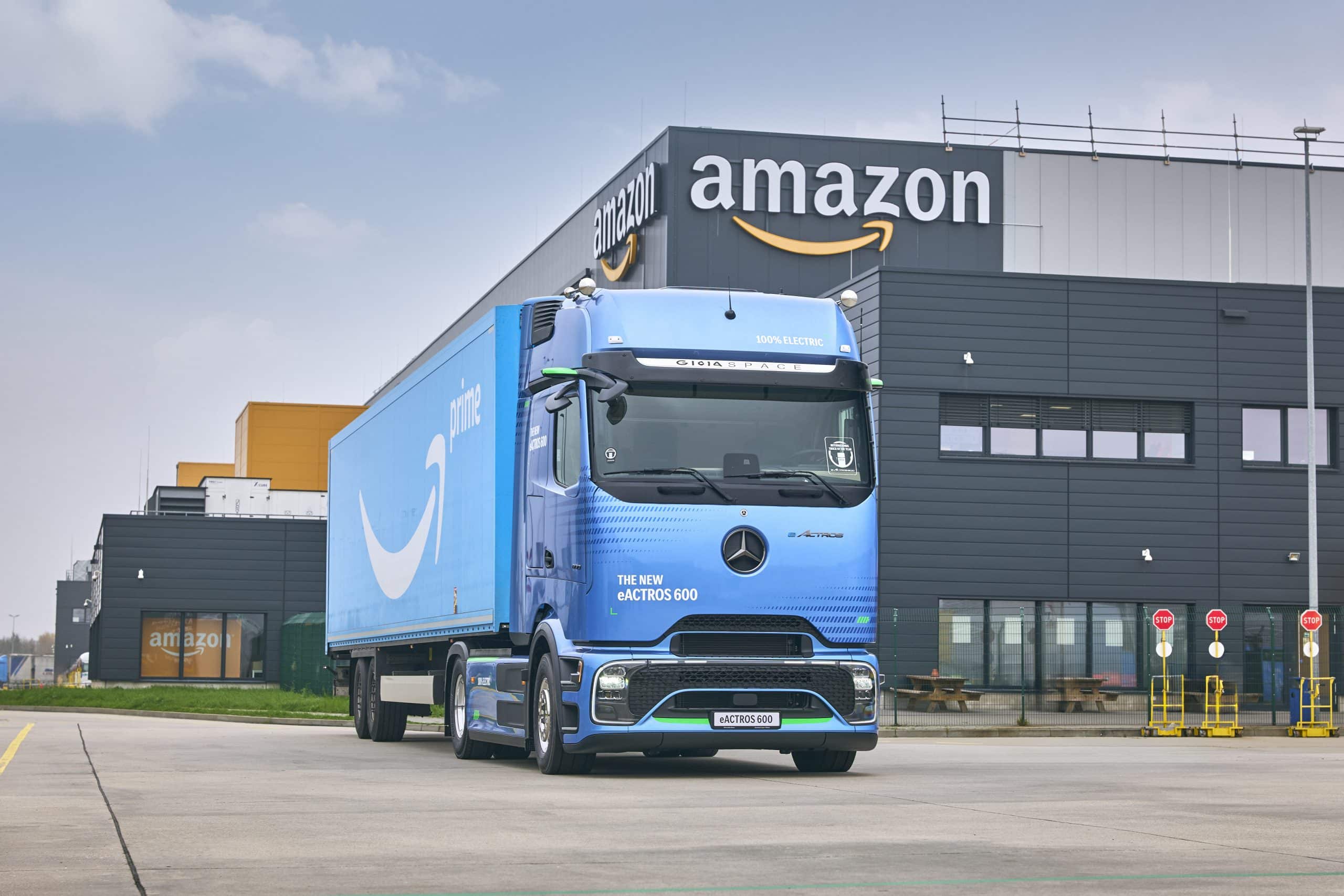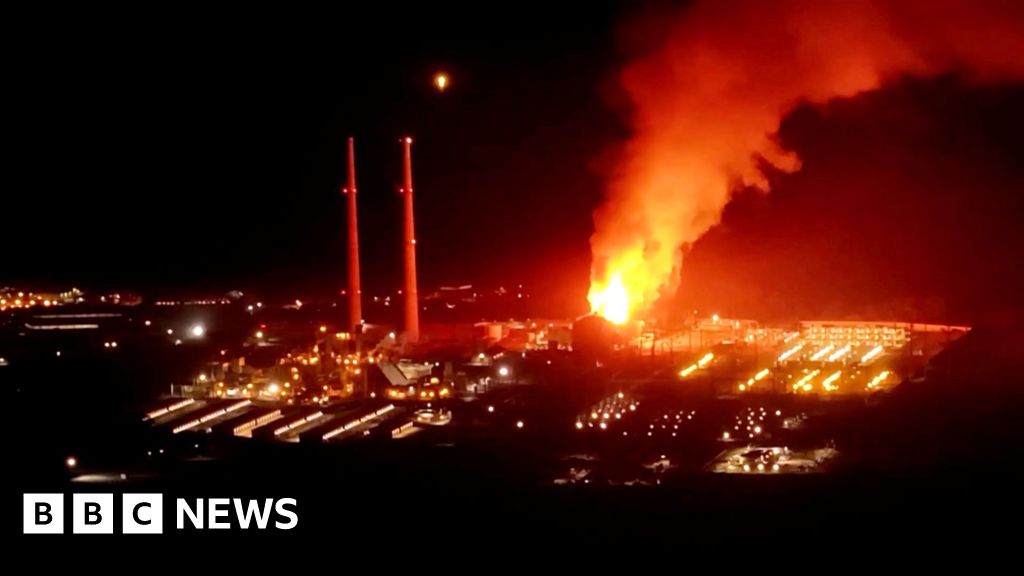But a high percentage of people who work (and many who don't) will likely need to charge EVs overnight when supply is low (no solar power). Energy storage (big batteries) seems the only way to match demand with supply?
The Moss Landing power plant, in California, was evacuated, as were people in the surrounding area.

www.bbc.co.uk
Battery storage addresses a bigger issue, and that’s the waste when producing electricity at times when there's low demand. It's a complex issue, because the production capacity of a power stations can only be tuned-up or tuned-down by that much, and bringing online auxiliary power stations is a massive pain. It goes beyond the economic issue, it's the fact that we are burning whatever it is that we are burning (gas, coal, etc) to produce electricity that goes nowhere. Even with nuclear energy and renewables, adjusting the energy production on-the-fly is not straightforward. This is all explained well here (I posted this link before):
Regarding EV charging, there are many ways of managing it, again it's all down to data collection and software.
For example, not only could there be a different tariff for charging during off-peak time (which - as said - does not have to be nighttime - it can change dynamically), but also for charging speed - i.e. you could pay (say) 2p per kW if you set the charging speed of your home charger to 3kW, or (say) 25p if you set it to the maximum possible (7kW or 11kW or whatever it might be). That's a great way of managing demand.
In fact, you could even instruct the software to 'charge at (say) 5p per kW', and the charger will adjust the speed and time of charging accordingly. Or, you could instruct the charger to achieve the set battery percentage at the set time (say 80% by 6:00am) and the cheapest possible combination, and let the software work it out.
Then, we can prioritise charging capacity and speed for (say) emergency vehicles, nurses and doctors on standby, people with mobility issues, etc etc. The possibilities are endless.
Give this problem to any young code writer, and they’ll laugh at how simple a problem it is to resolve.
I'll paraphrase on something that I heard said in a documentary about the Captain of the doomed Titanic: Our issue with getting our heads around EVs, is that our forum members have decades of experience working against them.
I'll leave it there....




